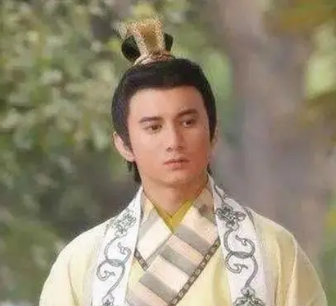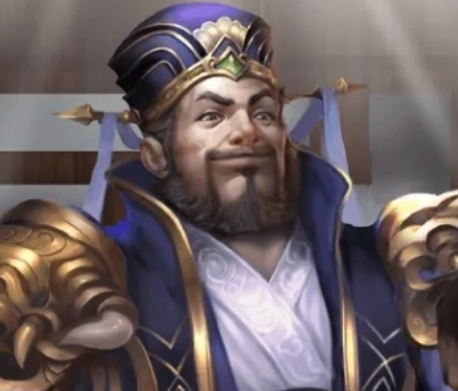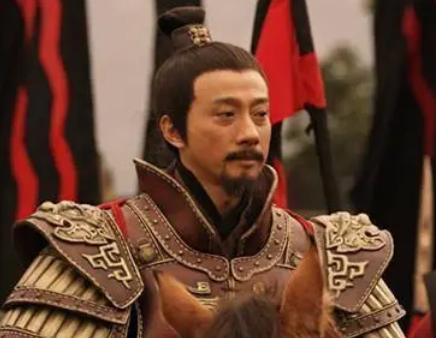In the long river of Chinese history, Li Jing is a figure that cannot be ignored. He did not come from a prominent royal family, nor did he ascend to the throne of supreme emperor, yet he left a deep imprint in history, especially playing a significant role in the special regime of the Southern Tang Dynasty.

Li Jing was the last emperor of the Southern Tang Dynasty during the Five Dynasties and Ten Kingdoms period. The Five Dynasties and Ten Kingdoms era was a time of constant warfare and political fragmentation in Chinese history, and the Southern Tang was one of the ten fragmented political powers during this period, located in the Jiangnan region, with its territory roughly encompassing today's Jiangsu, southern Anhui, and Jiangxi.
Li Jing's status in history mainly stems from his literary achievements. He was a talented poet, hailed as the "Dragon of Poetry." His poems are renowned for their bold and unconstrained style, coupled with a fresh and unconventional touch, exerting a profound influence on the development of later literature. Li Jing's poetic style is unique, expressing both his concerns for the fate of the country and the expression of personal emotions, revealing his complex inner world and profound insights into the times.
However, as the last emperor of the Southern Tang, Li Jing's political performance was not outstanding. During his reign, he faced strong pressure from the Northern Song Dynasty and internal power struggles, ultimately failing to salvage the demise of the Southern Tang. In 975 AD, the Southern Tang was annihilated by the Northern Song Dynasty, and Li Jing was captured and given the title of "Disobedient Marquis," marking the end of his political career.
In summary, Li Jing was the last emperor of the Southern Tang Dynasty during the Five Dynasties and Ten Kingdoms period. Although he failed to achieve significant political accomplishments, he left a valuable legacy in literature. His poems are still widely celebrated today and considered treasures in the history of Chinese literature. Li Jing's life experiences and works not only reflect the historical upheavals of the Five Dynasties and Ten Kingdoms period but also showcase the mental journey of a scholar in a turbulent era.
Disclaimer: The above content is sourced from the internet and the copyright belongs to the original author. If there is any infringement of your original copyright, please inform us and we will delete the relevant content as soon as possible.





























